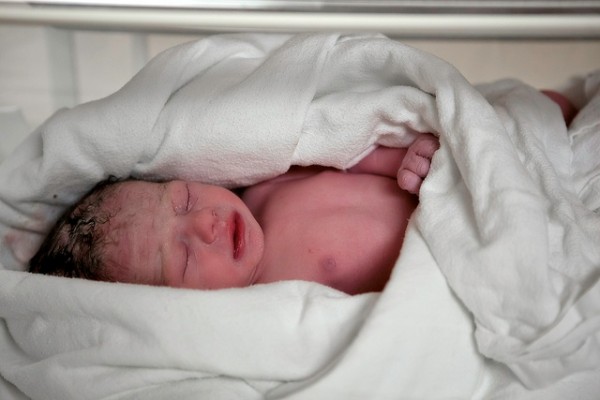Newborns Who Received Anesthesia May Suffer Memory Loss in Childhood: Study

Newborns who receive anesthesia may suffer memory problems during childhood, according to a study.
The University of California researchers examined memory skills of 56 children aged between six and 11, half of whom were given anesthesia in infancy. The participants underwent memory tests for nearly 10 months that required them to recollect pictorial images and its intricate details.
It was observed the children who were anesthetized as babies were 28 percent less capable of remembering things on average compared to the subjects from the other group. These participants also secured 20 percent lesser in tests that evaluated how well they remembered the drawings in detail. Ability to recall determines word retaining capacity, reading comprehension, classroom listening skills and autobiographical memory. These results were consistent among children who were frequently anesthetized and those who received the drug only once when aged about one. However, the study found no distinction in the overall intelligence and behavior in children from both groups.
"Even subtle recollection deficits may have immediate consequences and reduce the child's potential to learn over time, which future studies should examine more closely," the authors wrote in the study, reports the AFP.
The authors also did not find any notable impacts of anesthesia on familiarity or an ability to recognize events that were already experienced.
In the next part of the trial, researchers gave general anesthesia to 33 rats within a week after their birth and tested if they could recognize certain odors. Anesthetized rats did not suffer any major injuries or health damages but, were unable to recollect the odors. The memory loss was mostly permanent and irreversible. Past researches also suggest anesthesia can destroy brain cells and functioning of synapses that ensure flow of information between brain cells.
These findings call on the need to stop anesthetizing children for no reason and experts believe in investigating further to see if anesthesia can have similar effects on human brain.
"We've never seen the deficit go away in rats. In fact, we have seen it get worse over time. However, these findings should get you thinking about whether an anesthetic that may previously have been considered harmless is really necessary, "Greg Stratmann, study co-author and researcher told AFP.
More information is available online in the journal Neuropsychopharmacology.
Jun 10, 2014 07:05 AM EDT





